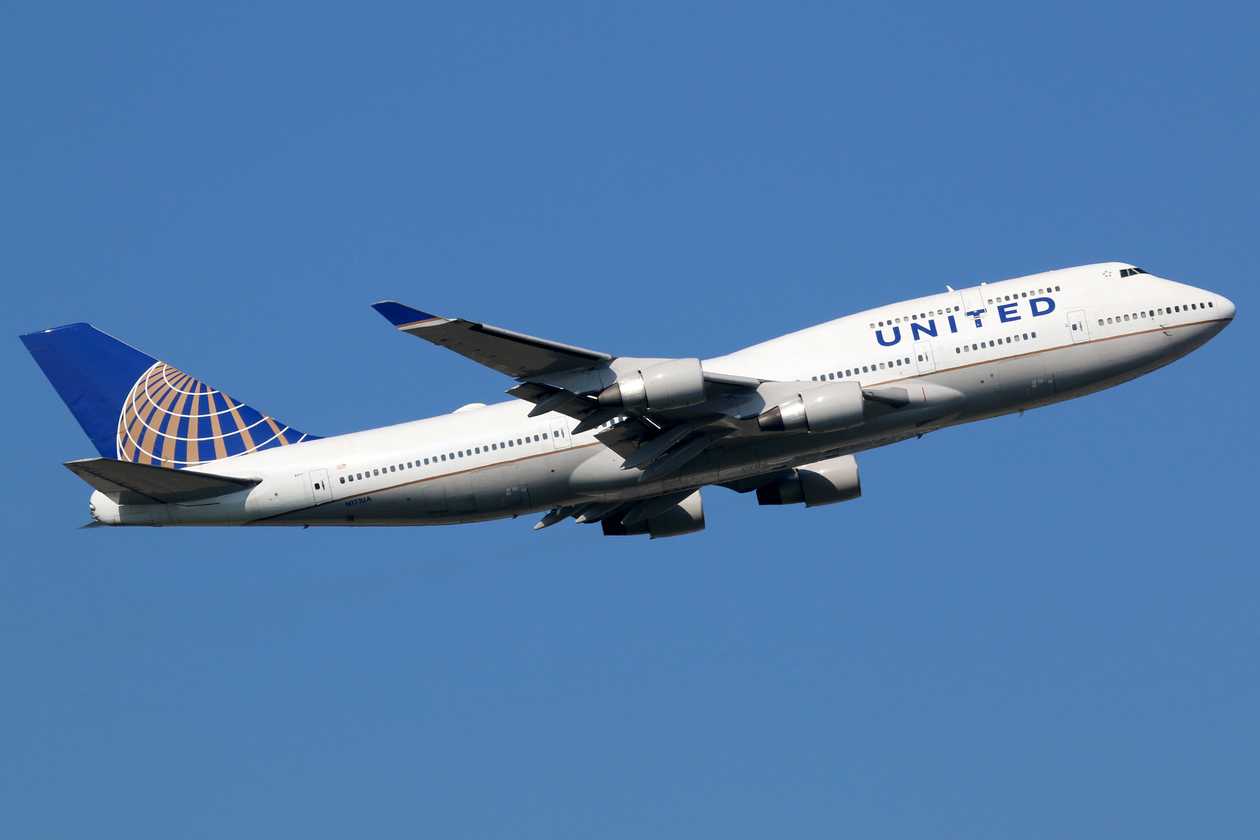What is the Real Worth of Miles?
Miles are a form of currency in various reward programs, often associated with travel and hospitality. They can be earned through credit card usage, flights, hotel stays, and other qualifying activities. The true value of miles lies in their ability to be converted into tangible benefits, such as flights, hotel stays, upgrades, and merchandise. However, the worth of miles can vary significantly depending on the program and redemption options.
To better understand the value of miles, consider this example: if you have earned 50,000 miles in a reward program and the standard reward flight costs 25,000 miles, you might assume that each mile is worth 0.01 cents ($0.01). However, this value can fluctuate depending on various factors, making it essential to understand these variables when evaluating the worth of miles.
The Variable Nature of Miles’ Value
Miles, as a form of currency in reward programs, can have varying values depending on several factors. Understanding these variables is crucial for evaluating the worth of miles accurately. Here are some key factors that can influence the value of miles:
- Program Type: Different reward programs have different methods for calculating the value of miles. For instance, airline miles are typically valued based on the cash price of a ticket, while hotel loyalty points may be tied to the average nightly rate. This inconsistency can lead to significant fluctuations in the value of miles between programs.
- Redemption Options: The value of miles can also vary depending on the specific redemption option chosen. For example, redeeming miles for a first-class ticket will generally yield a higher value per mile compared to redeeming for an economy ticket. However, the availability of such high-value redemption options can be limited.
- Program Changes: Reward programs can modify their rules, earning structures, or redemption options at any time, which can impact the value of miles. Staying informed about program changes is essential for maximizing the value of miles.
- Economic Conditions: Broader economic factors, such as inflation, fuel prices, and supply and demand, can also affect the value of miles. For instance, during periods of high fuel prices, the cost of airfare may increase, leading to a higher value for airline miles.
Given the variable nature of miles’ value, it is essential to approach the accumulation and redemption of miles strategically. By understanding the factors that influence the value of miles, you can make informed decisions about how to maximize the worth of your miles and minimize any potential devaluation.
How to Calculate the Value of Miles
Calculating the value of miles can help you make informed decisions about how to earn, redeem, and manage your miles. Here’s a step-by-step guide on how to calculate the value of miles:
- Identify the Redemption Option: Choose a specific redemption option, such as a flight, hotel stay, or merchandise. Record the cash price or point requirement for that option.
- Calculate the Point Value: Divide the cash price by the number of miles required for the redemption. This will give you the value of each mile in cents. For example, if a flight costs $200 and requires 20,000 miles, the value of each mile is $200 / 20,000 = $0.01.
- Compare Across Programs: Repeat this process for various redemption options and programs to compare the value of miles. This will help you determine which programs offer the best value for your miles.
When calculating the value of miles, it is essential to consider factors such as taxes, fees, and availability. For example, if a flight has a low cash price but high taxes and fees when using miles, the value of those miles may be lower than initially calculated. Additionally, keep in mind that the value of miles can fluctuate based on various factors, so it is crucial to stay informed about program changes and economic conditions.
Factors Influencing the Value of Miles
Various factors can impact the value of miles, making it essential for mile collectors to stay informed to maximize their worth. Here are some key factors that can influence the value of miles:
- Airline Alliances: Miles can often be transferred or redeemed across partner airlines within alliances, potentially increasing their value. Being aware of these alliances and their redemption options can help you make the most of your miles.
- Program Changes: Reward programs can modify their rules, earning structures, or redemption options at any time, which can impact the value of miles. Regularly monitoring program updates and adjusting your mile accumulation and redemption strategies accordingly can help you stay ahead of any potential devaluation.
- Economic Conditions: Broader economic factors, such as inflation, fuel prices, and supply and demand, can also affect the value of miles. For instance, during periods of high fuel prices, the cost of airfare may increase, leading to a higher value for airline miles. Conversely, during economic downturns, the value of miles may decrease as demand for travel and rewards declines.
- Travel Trends: Changes in travel trends, such as the growing popularity of low-cost carriers or vacation rental platforms, can also impact the value of miles. Staying informed about these trends and adjusting your mile accumulation and redemption strategies accordingly can help you maintain the value of your miles.
To stay informed about these factors and maximize the value of your miles, consider subscribing to reward program newsletters, following industry news, and participating in online forums or communities dedicated to mile collecting and redemption. By staying proactive and knowledgeable, you can ensure that your miles maintain their value and continue to provide valuable rewards and experiences.
Maximizing the Value of Miles
Miles can offer significant value when used strategically. Here are some strategies for maximizing the worth of your miles:
- Smart Redemption Options: Focus on high-value redemption options, such as business or first-class flights, which often provide a better value per mile compared to economy class. Additionally, consider using miles for hotel stays, car rentals, or merchandise when the value per mile is high.
- Program Partnerships: Leverage partnerships between reward programs and other businesses to earn or redeem miles. For example, some hotel chains or car rental companies may offer mileage bonuses for stays or rentals, while other partners may allow you to redeem miles for their products or services.
- Promotional Offers: Keep an eye out for promotional offers, such as bonus mileage earning opportunities or limited-time redemption options. These offers can help you accumulate miles more quickly or maximize their value when redeeming.
Real-life examples of successful mile redemptions include:
- A round-trip business class ticket to Europe, which can cost upwards of $5,000 in cash, but may only require 120,000 miles, resulting in a value of approximately $0.04 per mile.
- A luxury hotel stay in a popular tourist destination, where a standard room may cost $500 per night, but can be booked for 50,000 miles, resulting in a value of $0.01 per mile.
By staying informed about program partnerships, promotional offers, and high-value redemption options, you can maximize the value of your miles and enjoy premium travel experiences at a fraction of the cost.
Popular Reward Programs and Their Miles’ Value
Comparing popular reward programs and their corresponding miles’ value can help consumers make informed decisions about which programs to join and how to maximize their rewards. Here are some popular reward programs and their corresponding miles’ value:
Airline Reward Programs
- Delta SkyMiles: Delta’s reward program offers miles that can be redeemed for flights, upgrades, and vacation packages. The value of Delta SkyMiles can vary, but they are generally considered to be worth around $0.01 to $0.02 each.
- American Airlines AAdvantage: American Airlines’ reward program offers miles that can be redeemed for flights, upgrades, and hotel stays. The value of AAdvantage miles can vary, but they are generally considered to be worth around $0.01 to $0.02 each.
- United MileagePlus: United’s reward program offers miles that can be redeemed for flights, upgrades, and hotel stays. The value of MileagePlus miles can vary, but they are generally considered to be worth around $0.01 to $0.02 each.
Hotel Reward Programs
- Marriott Bonvoy: Marriott’s reward program offers points that can be redeemed for hotel stays, flights, and car rentals. The value of Marriott Bonvoy points can vary, but they are generally considered to be worth around $0.008 to $0.02 each.
- Hilton Honors: Hilton’s reward program offers points that can be redeemed for hotel stays, flights, and car rentals. The value of Hilton Honors points can vary, but they are generally considered to be worth around $0.004 to $0.01 each.
- IHG Rewards Club: IHG’s reward program offers points that can be redeemed for hotel stays, flights, and car rentals. The value of IHG Rewards Club points can vary, but they are generally considered to be worth around $0.005 to $0.02 each.
When comparing reward programs, consider their unique features, benefits, and redemption options. By understanding the value of miles and points, consumers can make informed decisions about which programs to join and how to maximize their rewards.
Maintaining and Increasing Your Miles’ Balance
Maintaining and increasing your miles’ balance is crucial for maximizing the value of your rewards. Here are some strategies for responsible mile accumulation and redemption:
- Credit Card Strategies: Utilize credit cards that offer miles as rewards. Look for cards with sign-up bonuses, ongoing mileage earning opportunities, and low annual fees. Be sure to pay off your balance in full each month to avoid interest charges and maintain a good credit score.
- Travel Habits: Earn miles by flying, staying at partner hotels, and renting cars. Consider loyalty programs that offer bonus miles for certain travel habits, such as flying during off-peak times or staying at hotels in specific locations.
- Program-Specific Tips: Stay informed about program-specific tips and tricks for earning and redeeming miles. For example, some programs offer bonus miles for online shopping, dining, or other activities.
By responsibly accumulating and redeeming miles, you can maintain and increase your miles’ balance, maximizing the value of your rewards. Be sure to stay informed about program changes, economic conditions, and other factors that can impact the value of your miles. With a strategic approach, you can enjoy premium travel experiences and other rewards at a fraction of the cost.
Potential Pitfalls and How to Avoid Them
When dealing with miles, there are several potential pitfalls to be aware of. By understanding these issues and taking steps to avoid them, you can protect the value of your miles:
- Expiration Dates: Miles can expire if there is no account activity for a certain period. To avoid this, make sure to use your miles regularly or engage in other account activity, such as earning miles or updating your account information.
- Blackout Periods: Some reward programs impose blackout periods during which miles cannot be redeemed. To avoid this, plan your travel well in advance and be flexible with your travel dates.
- Hidden Fees: Some reward programs charge hidden fees, such as fuel surcharges or close-in booking fees. To avoid these fees, read the fine print carefully and consider alternative redemption options.
- Devaluation: Reward programs can devalue their miles by changing the redemption options or increasing the number of miles required for redemption. To avoid this, stay informed about program changes and consider diversifying your mileage portfolio across multiple programs.
By understanding these potential pitfalls and taking steps to avoid them, you can protect the value of your miles and maximize the rewards of your travel experiences.







